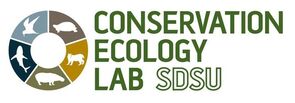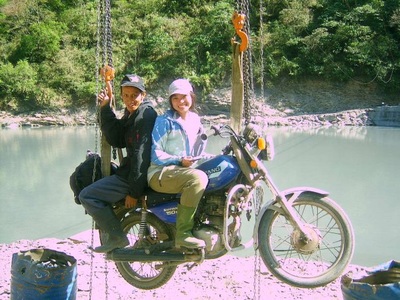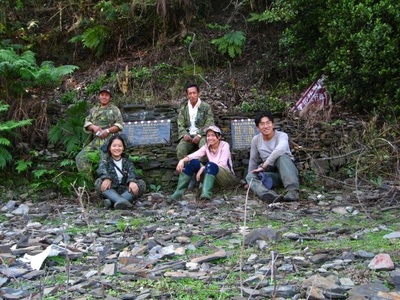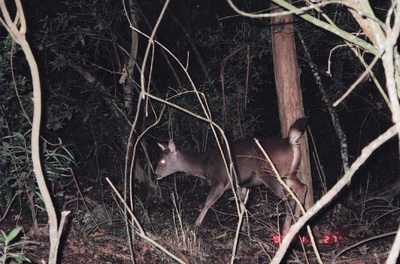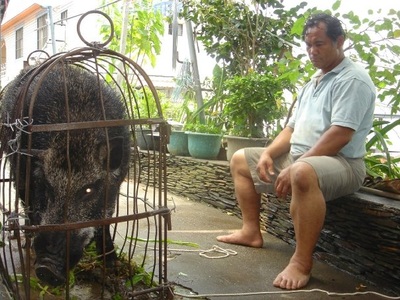Sustainability of wildlife exploitation and community-based management
Dr. Hsiang Ling Chen
The sustainability of wildlife resources has been threatened by overharvest worldwide, especially in sub-tropical and tropical forests. To develop effective legislation, understanding hunting motivation, culture, attitude, and behavior is necessary. During my M.S, I investigated illegal hunting activities by indigenous people; monitored and evaluated impacts of hunting on wildlife population at the remote Danda Wildlife Management Area in central Taiwan. By using in-depth interview, grounded theory, and multivariate statistics, I revealed that the motivation to hunt was multiple-dimensional, focused primarily on recreation and in memory of the ancestral environment. Additionally, certain hunting strategies were highly correlated with unsustainable commercial trade of harvest. Over exploitation by native people at Danda was a consequence of interaction between social and economic changes, illegal trades, and diminishing traditional hunting culture and regulations. Successful conservation can only be seen when provide economic benefits and integrate local people in decision making on management. Liaising with government, academics and communities, I gathered vital information used to design the hunting regulation that considers traditional practice, which is currently included under Wildlife Conservation Act in Taiwan. I also promoted ecotourism as an alternative to commercial hunting and organized workshops to train hunters to monitor wildlife with modern techniques. Through this project, I have broadened and expanded my views from pure ecological science to social science and increased awareness of the importance of the human and political element in conservation and wildlife management
